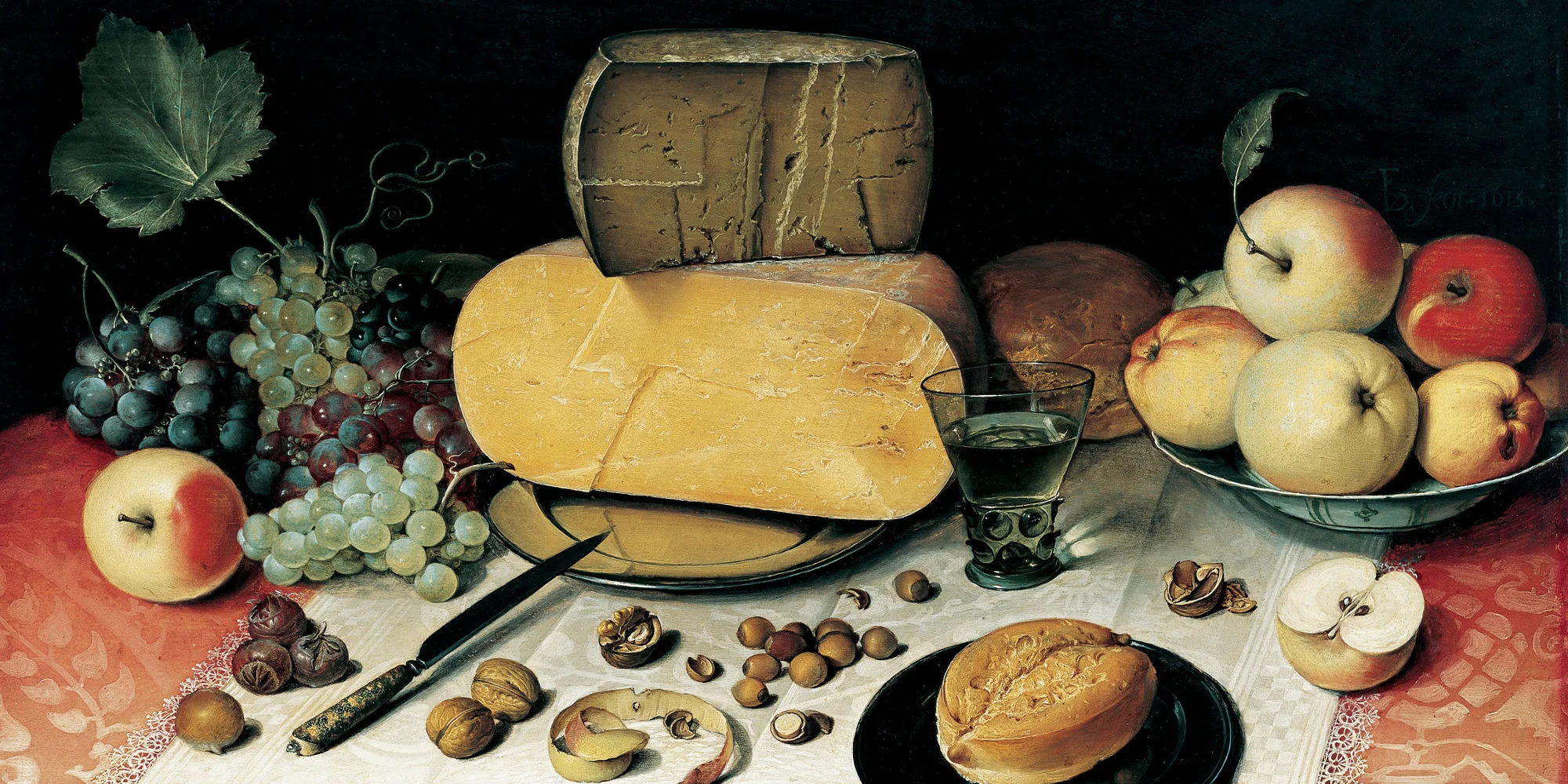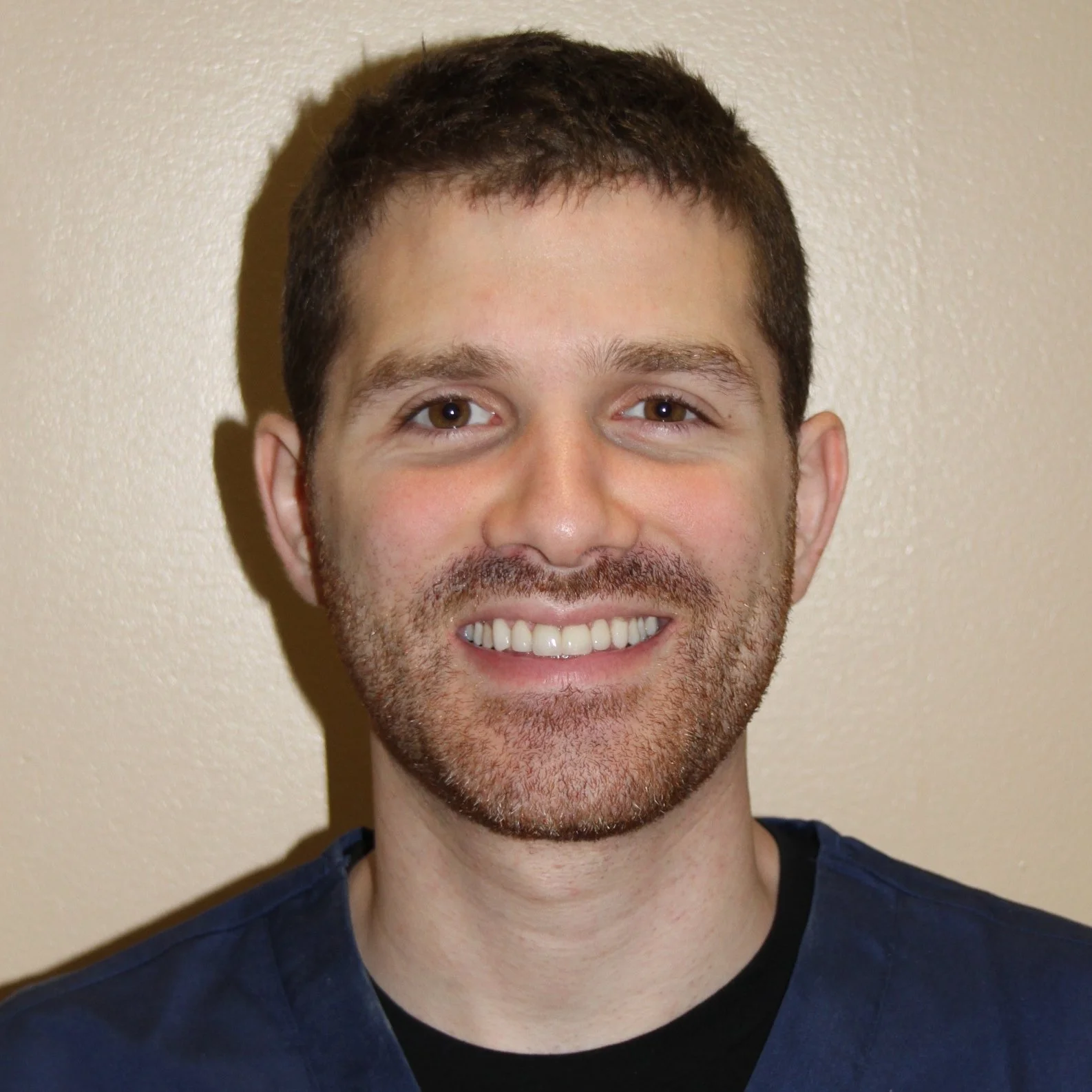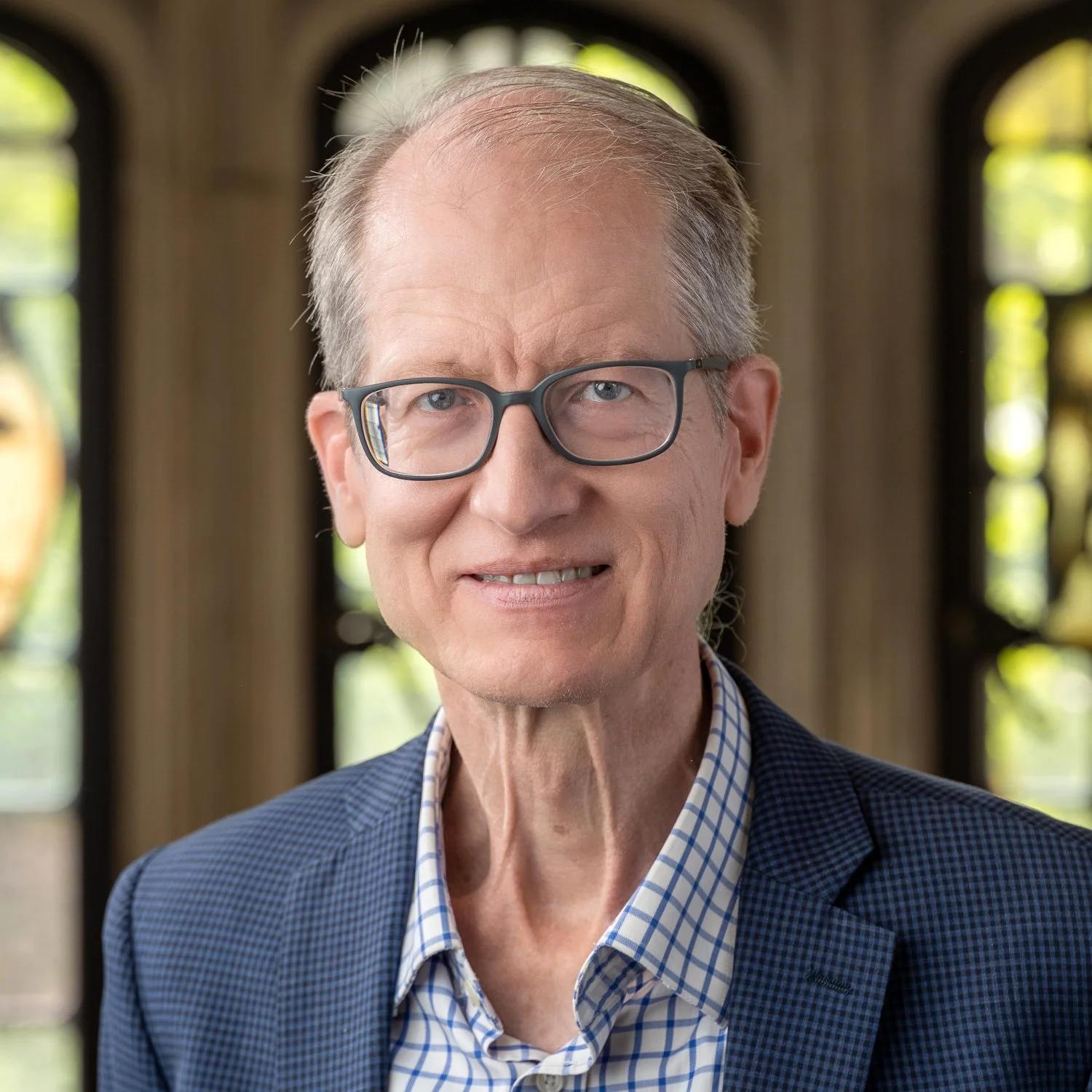
Friday Speaker Series
Fall 2025
An ongoing series of discussions with Yale faculty and visiting speakers on timely and timeless questions.
The Moral Status of AI: Might God Make a Difference?
John Pittard | 12-1.30pm, September 19
As humans build ever more sophisticated AIs, might we one day develop machines that feel, that are capable of suffering or flourishing and thus worthy of moral consideration? Will it be clear when and if this milestone has been achieved, or might we face a situation where there is significant disagreement and uncertainty concerning the moral standing of advanced AIs? Current thinking about these questions, whether in industry or in the academy, typically proceeds from a secular vantage point. But for those who believe that there is a God, how might this belief bear on questions about whether we could (or should) develop machines with intrinsic moral significance?
John Pittard is Associate Professor of Philosophy of Religion at Yale Divinity School.
Complicity in the Practice of Medicine: The Case of the Nazi Doctors
Matthew Morrison | 12-1.30pm, November 7
German physicians were intimately involved in the Nazi regime and perpetration of the Holocaust, from medical experimentation to mass killings. How is it possible that a profession could so give itself over to evil? What might we learn today from physician complicity in the Shoah?
Matthew Morrison is a lecturer in medical humanities at Yale University and an E.R. physician in New York.
AI & the Ethics of Outsourcing Intimacy
Max Lewis | 12-1.30pm, November 14
What is wrong with completely outsourcing your heartfelt missives (e.g., love letters, anniversary cards, proposals, wedding toasts, eulogies, etc.) to generative AI? Doing so seems to violate a norm that we should craft expressions of appreciation in intimate relationships ourselves rather than outsourcing them to others—or, as is now possible, machines. What is the basis of this norm and can it survive in an age of ubiquitous AI?
Max Lewis is a lecturer in Ethics, Politics, and Economics at Yale University.
Is Forgiveness Possible in a Digital World?
John Durham Peters | 12-1.30pm, October 10
What does the new mode of incessant documentation of raw behavior mean for the possibility of both forgiveness and the process of collective learning which is essential to public deliberation. If every word or deed is frozen in its first draft, what then? What are causes and consequences of the obsessive interpretation of small nonverbal gestures at the expense of speech. Is a reformist or redemptive rethinking of this communication infrastructure possible? What are the morally distorting effects of omnipresent surveillance?
John Durham Peters is Maria Rosa Menocal Professor of English and of Film and Media Studies, Yale University.
What Is Modernity? A Phenomenological Approach to a Contested Concept
David Kretz | 12-1.30pm, October 24
Against Engels and other skeptics, I will argue that the concept of modernity can be made sense of. Instead of treating it as a historical period, or as an ensemble of socio-cultural factors, the concept can be approached phenomenologically, focusing on the structure of modernization experiences as a distinct form of historical consciousness. This restores analytic value to a concept that has seemed to many hopelessly vague or bogged down in polemics.
David Kretz is a Postdoctoral Fellow in Humanities, Yale University.
Trust Science?
Jeffrey McDonough | 12-1.30pm, October 31
We are often told that we should trust science. Why might we be wary of scientific authority? What reasons might we have for following the conclusions of science? Can we recognize scientific expertise without being experts ourselves?
Jeffrey McDonough is Professor of Philosophy, Harvard University.






